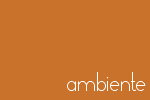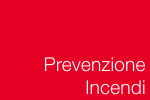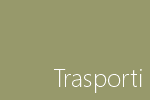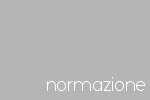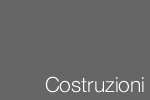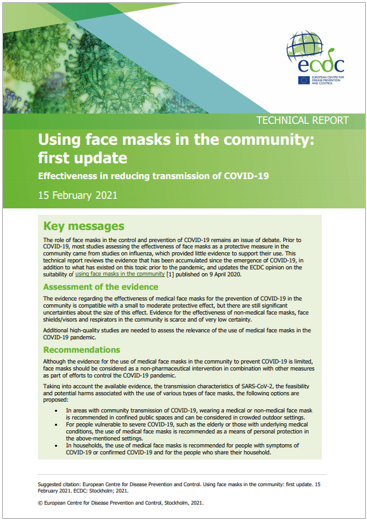Using face masks in the community
ECDC, 15 February 2021
Using face masks in the community: first update - Effectiveness in reducing transmission of COVID-19
This technical report reviews the evidence that has been accumulated since the emergence of COVID-19, in addition to what has existed on this topic prior to the pandemic, and updates the ECDC opinion on the suitability of using face masks in the community published on 9 April 2020.
Executive summary
The role of face masks in the control and prevention of COVID-19 remains an issue of debate. Prior to COVID-19, most studies assessing the effectiveness of face masks as a protective measure in the community came from studies on influenza, which provided little evidence to support their use.
Assessment of the evidence
The evidence regarding the effectiveness of medical face masks for the prevention of COVID-19 in the community is compatible with a small to moderate protective effect, but there are still significant uncertainties about the size of this effect. Evidence for the effectiveness of non-medical face masks, face shields/visors and respirators in the community is scarce and of very low certainty.
Additional high-quality studies are needed to assess the relevance of the use of medical face masks in the COVID-19 pandemic.
Recommendations
Although the evidence for the use of medical face masks in the community to prevent COVID-19 is limited, face masks should be considered as a non-pharmaceutical intervention in combination with other measures as part of efforts to control the COVID-19 pandemic.
Taking into account the available evidence, the transmission characteristics of SARS-CoV-2, the feasibility and potential harms associated with the use of various types of face masks, the following options are proposed:
In areas with community transmission of COVID-19, wearing a medical or non-medical face mask is recommended in confined public spaces and can be considered in crowded outdoor settings.
For people vulnerable to severe COVID-19, such as the elderly or those with underlying medical conditions, the use of medical face masks is recommended as a means of personal protection in the above-mentioned settings.
In households, the use of medical face masks is recommended for people with symptoms of COVID-19 or confirmed COVID-19 and for the people who share their household.
Based on the assessment of the available scientific evidence, no recommendation can be made on the preferred use of medical or non-medical face masks in the community.
When non-medical face masks are used, it is advisable that masks that comply with available guidelines for filtration efficacy and breathability are preferred.
The very limited scientific evidence regarding the use of respirators in the community does not support their mandatory use in place of other types of face masks in the community. Although respirators would not be expected to be inferior to non-medical or medical face masks, the difficulties to ensure their appropriate fitting and use in community settings as well as potential adverse effects related to lower breathability should be taken into account.
The use of face masks in the community should complement and not replace other preventive measures such as physical distancing, staying home when ill, teleworking if possible, respiratory etiquette, meticulous hand hygiene and avoiding touching the face, nose, eyes and mouth.
The appropriate use of face masks and promoting compliance with their use when recommended as public health measures are key to the effectiveness of the measure and can be improved through education campaigns.
...
Fonte: ECDC
Collegati




